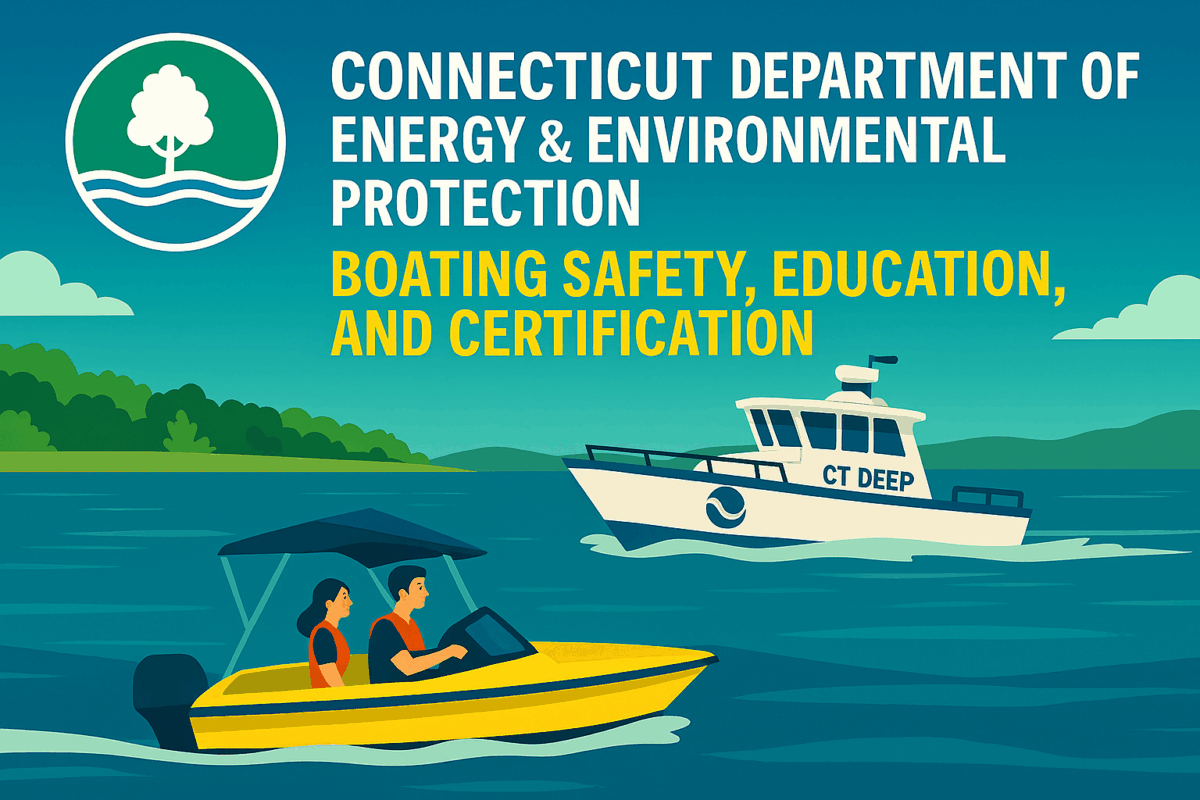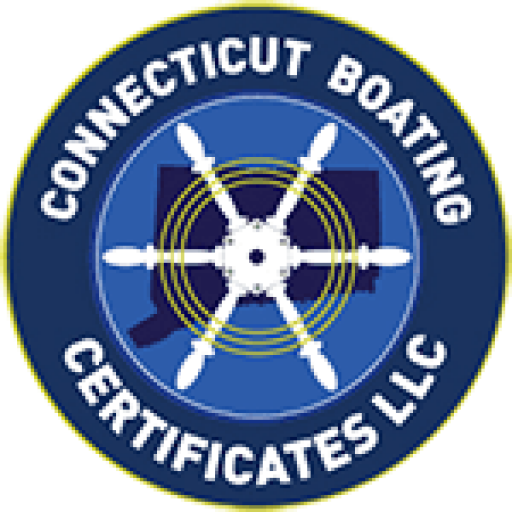Call: 1-800-832-7191

CT DEEP Boating Accident Report
When to File a CT DEEP Boating Accident Report
Boaters must file a CT DEEP Boating Accident Report after serious incidents on Connecticut waters. Because accidents can happen unexpectedly, knowing the reporting rules is essential. Operators must report any accident involving death, disappearance, or injury requiring medical attention beyond first aid. Additionally, if property damage exceeds $500, a report must be filed within five days.ct
Although law enforcement may also file a report, the vessel operator remains responsible. Therefore, submitting the official form ensures compliance and supports accurate incident documentation.
What the Report Requires
The report asks for detailed information about the vessel, operator, and incident. Operators must include their boating experience, safety training, and certificate numbers. Furthermore, the form requires a description of the accident, contributing factors, and any injuries or fatalities. Boaters must also list safety equipment onboard and whether it was used.ct
Because accuracy matters, operators should complete all sections carefully. If the operator cannot file the report, the boat owner or survivor must submit it instead.
How to Submit the CT DEEP Boating Accident Report
Boaters must submit the completed form to the Connecticut Department of Energy and Environmental Protection (DEEP) Boating Division. Reports involving death, disappearance, or serious injury must be filed within 48 hours. Reports involving property damage over $500 must be submitted within five days.ct
Additionally, boaters can contact DEEP for help with the form or questions about the process. Because timely reporting is required by law, delays may result in penalties. Therefore, acting quickly protects both legal standing and public safety.
Promoting Awareness of Boating Accident Reporting
Boating instructors, marinas, and clubs should educate boaters about the accident report. Posting signs, sharing links, and including reporting procedures in safety courses helps reinforce the message. Social media and newsletters also offer effective outreach platforms.
Moreover, boaters should keep blank forms onboard and review reporting requirements regularly. By promoting the CT DEEP Boating Accident Report, communities encourage responsible boating and improve emergency response efforts.
